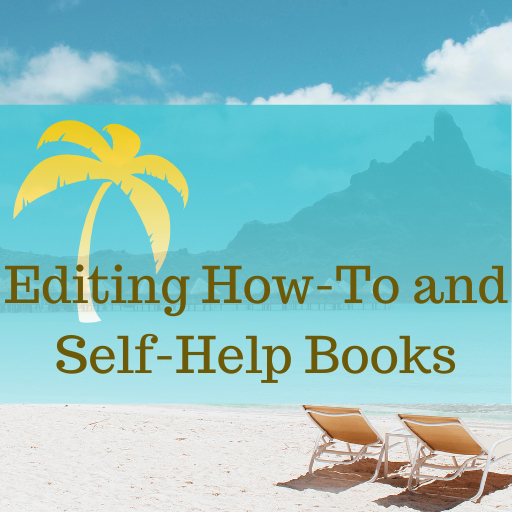Choosing a Niche for Freelance Editors
An important decision is that of choosing a niche for freelance editors. Often newer freelancers will come to me saying they’re not sure how to get clients. They’re willing to do just about anything for just about any price to get things rolling, so where can they find someone who needs an editor?
The answer is everywhere and nowhere, or, more specifically, I have no idea.
Find what people will pay you to do
The first thing to consider when choosing a niche for freelance editors is finging what people will pay you to do. Back when I used to do more writing than editing, I had a specific niche. I was the queen of martial arts writing. I never wanted to be the queen of martial arts writing, but that is how my career evolved because:
1. I had an interest in martial arts.
2. I had a unique (at the time) perspective on martial arts.
3. I was able to string sentences together without hurting myself.
All of that meant that people would pay me a lot of money to write about martial arts and almost none to write about other things. That’s when I began to see that specialization is crucial.
Instead of writing anything about anything, I wrote about women and martial arts. I used many different angles, but basically it came down to women and martial arts. So my audience was women in martial arts. I knew where to find this audience. I was involved in martial arts. I took the same classes they did, read the same magazines they read, watched the same videos they watched, encountered the same attitudes they encountered. I was one of them. I got asked to speak, to guest-teach, to write. Everything reinforced everything else.
Instead of struggling against the fact that people with cash in hand wanted me to write about martial arts, I embraced the idea. Instead of trying to write anything about anything for anyone, I focused on my niche.
I do the same now as an editor. Instead of trying to edit anything for anyone, I target second-act women writers who are professionals transitioning from writing nonfiction to writing fiction. That seems highly specialized, and it is. That’s not to say all of my clients fall into this category. Many do; many don’t. It just gives me something to wrap my mind around when it comes time to spread the word about what I do. (I also work with a lot of publishing and packaging companies, and I’ll explain more about how to do that later.)
Specialization can help you find your audience
Sometimes you know exactly the kind of work you want to be doing. Maybe it’s something you love: You love mysteries and you want to help mystery writers write the best books possible. Or maybe it’s something you have a credential for: You have a degree in physics and you want to work with science fiction writers.
If you’ve identified your purpose (“helping retirees write the stories of their lives”) your niche will sometimes be fairly obvious—it’s written in your purpose. But when it’s not as obvious, you have to figure out what your niche is.
Knowing your area of specialization helps you get closer to identifying your potential audience/clientele, but your niche may not be narrow enough to truly help you find your people. Consider this: my stated story preferences—memoir and fiction—encompass a fairly enormous range. I can’t possibly know everything about it all. (This is one reason why specialization is so important).
So if I look a little closer at my own background, it’s obvious that most of my experience is in editing romance. I enjoy thrillers just as much as the next person, but it’s romance that I know and it’s romance that everyone knows about me, so guess what genre I talk about editing?
The advantage of this approach is that if you’re consistent, then everyone eventually knows you as the person who does X. I’m the person who helps second-act professional nonfiction writers (who are women) learn to write romance.
Choosing a niche for freelance editors
What’s your thing? Ideally it’s connected with something you already do. It can be something very simple. For example, if you already read mysteries, you’re more likely to be a good mystery editor than someone who doesn’t read mysteries (plus, you’ll probably enjoy the work).
What direction do the skills you currently have push you in? If you already copyedit memoirs for a publishing company then it isn’t a huge stretch to think you could start developmental editing them.
Once you know the niche you’re going to target, you need to show potential clients that you have something valuable to offer them. Potential clients don’t care that you love to edit and want to start a successful editing business. Potential clients only care about how you can help them. That is, a potential client has a problem. You need to be the solution (that is, “you have something valuable to offer them”).
The corollary is that if potential clients don’t think they have a problem, then you’re not a solution. Some people try to convince potential clients that they do have a problem (“Readers hate to read books riddled with errors!”) but I find this too quixotic for my tastes—why spend time trying to convince people that they need my services when I could spend that time connecting with people who already know they need my services?
In other words, I prefer engaging with potential clients who already know they have a problem (a manuscript in need of an editor). Then all I have to do is show them how I’m the solution.
Join the Club!
New to story editing? Begin at the beginning.




